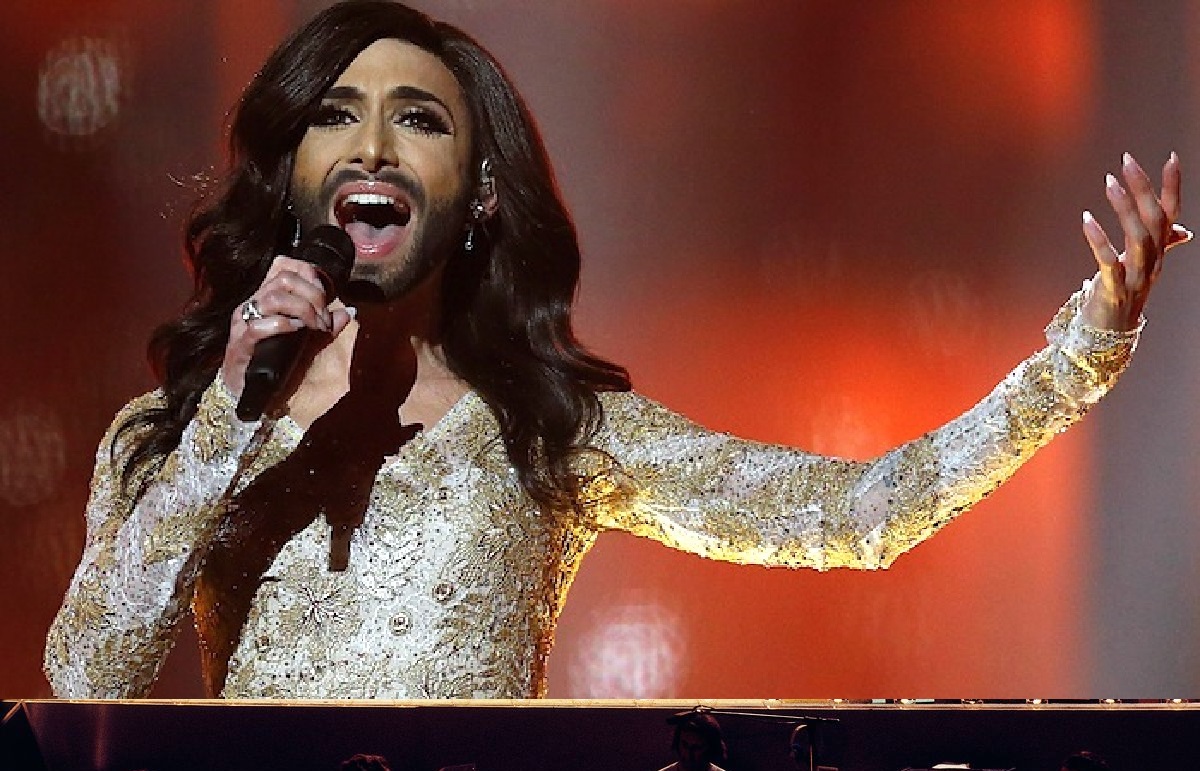THE Eurovision Song Contestknown simply as EurovisionIt is one of the largest music events in the world, celebrating the diversity and musical talent of Europe. Created in 1956, the Eurovision emerged as an initiative to unite European countries after the devastation of the World War II. Since then, the contest has become a global phenomenon, attracting an average of over 180 million viewers with each edition.
The 10 main revelations of Eurovision
Abba (Sweden, 1974): Abba’s victory with “Waterloo” launched them to the international star, making them one of the most iconic bands of all time.
Celine Dion (Switzerland, 1988): The participation of Celine Dion node Eurovision He leveraged his career, leading her to become one of the most renowned singers in the world.
Julio Iglesias (Spain, 1970): O Eurovision helped launch the international career of Julio Iglesiasone of the most popular Latin artists of all time.
Johnny Logan (Ireland, 1980 and 1987): Johnny Logan It is the only artist to overcome the Eurovision Twice as a singer and also as a composer, leaving an indelible brand in the contest.
Ruslana (Ukraine, 2004): The electrifying performance of Ruslana and his song “Wild Dances” brought the Eurovision for Kiev and raised the visibility of Ukraine.
Lordi (Finland, 2006): With his look of monsters and his heavy music, Lordi won the audience with “HARD ROCK HALLELUJAH“Demonstrating the musical diversity of the contest.
Loreen (Sweden, 2012): Loreen impressed with his song “Euphoria“, Which became an international hit and redefined performance patterns in the Eurovision.
https://www.youtube.com/watch?v=pfo-8z86x80
Conchita Wurst (Austria, 2014): Conchita Wurst, Drag Queen with a powerful voice, sent a message of tolerance and diversity by winning with “Rise Like a Phoenix.”
DANA INTERNATIONAL (ISRAEL, 1998): Dana International broke barriers as the first transgender artist to overcome Eurovision with the exciting “Diva”.
Salvador Sobral (Portugal, 2017): Salvador Sobral captivated the world with its unique interpretation of “loving for both”, conquering first place and showing that simplicity can also shine in Eurovision.
These revelations of the Eurovision They are just a small sample of the lasting impact and musical diversity that the contest offers, making it one of the most watched and dear events around the world.
In the last 10 years, the Eurovision It has undergone a significant evolution, adapting to contemporary musical trends and the growing influence of social networks. The contest continued to celebrate Europe’s musical diversity, featuring a wide range of genres, from pop and emotional ballads to innovative electronic music. With each edition, the Eurovision It has been the scene of increasingly elaborate and spectacular performances, with artists exploring new horizons in terms of scenography, visual effects and choreography, which contributed to the maintenance of its cultural relevance and its position as one of the world’s most assisted entertainment programs.
In addition, the Eurovision has stood out for embracing topics of inclusion and diversity, making room for artists who challenge gender, identity and style norms, such as Conchita Wurst and Netta. These artists not only conquered the public, but also transmitted powerful messages of acceptance and respect. THE Eurovision It remains a unique platform for emerging and consecrated artists, allowing them to reach a global audience and leave an indelible brand in the history of music.

